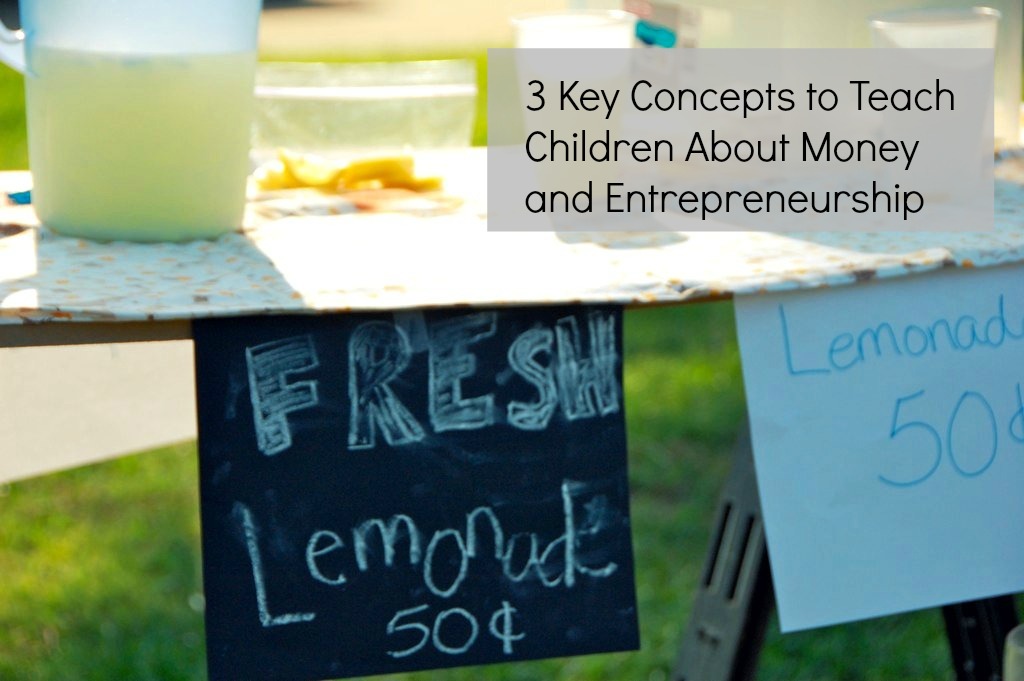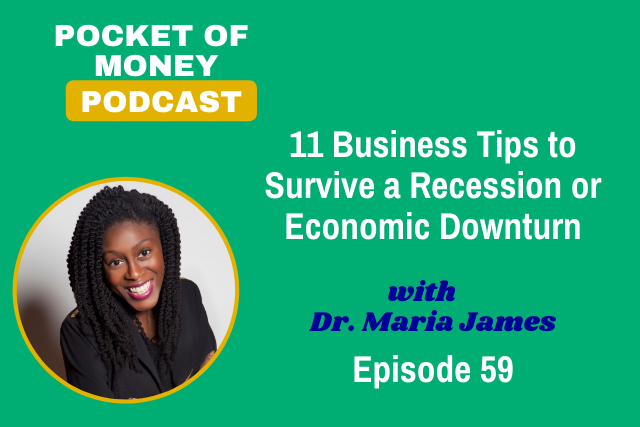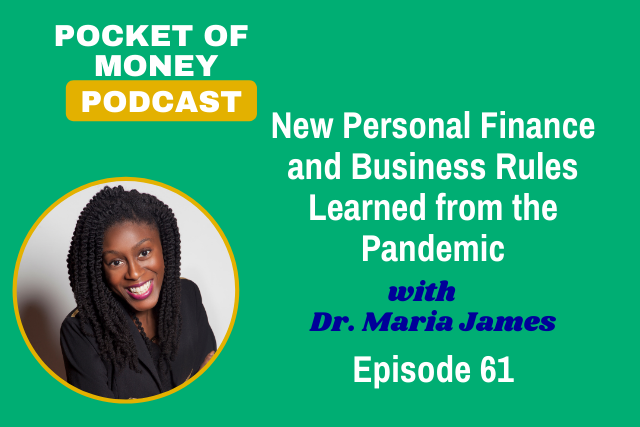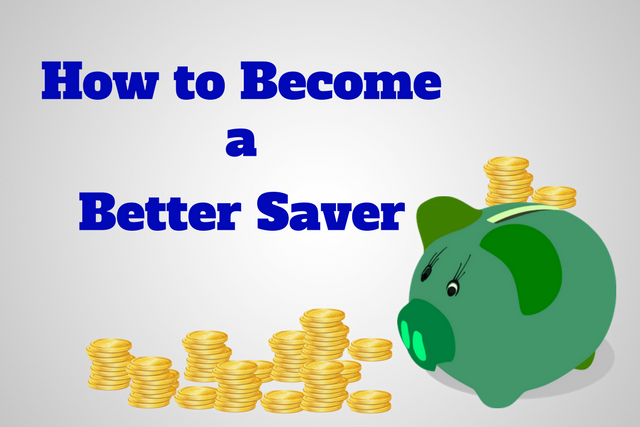3 Key Concepts to Teach Children About Money and Entrepreneurship
It’s a question that many have: how early can I start teaching my child about money? The answer is much earlier than you think. Some of my earliest memories deal with my Sebastian (from The Little Mermaid) piggy bank and money lessons from my mom. All this before I ever bought anything. Those lessons about how money and saving works stuck with me. As soon as your children seem curious about money and getting things, e.g. new toys, food, clothes etc, then you can use that opportunity to teach them lessons about money and entrepreneurship.
Children have an amazing capacity for innovation and creativity, which can make them great entrepreneurs. Not only can you teach them the general rules of personal finance and money management, but also the various ways to earn money. That’s one of the major money lessons.
There are three major lessons to make sure you teach your children about money and entrepreneurship.
1) Earn it.
The concept that money is earned. In order to acquire money you have to earn it or make it. It’s important to get that message across. Also discuss how money is earned. A person performs a service or provides a product and receives money in exchange. Children can understand this concept quite readily. As they see it every day. They see you go to work. They see you in the store picking up items and paying for them.
Explain that you go to your job and help a company or organization. In exchange for your service to the company you receive money. A paycheck. If you’re an entrepreneur and business owner explain to them how you run your own company or organization. Explain the difference between an employee versus an entrepreneur and the advantages and disadvantages of both routes. The point is that you earn money and there is more than one way to earn money.
Another important part of this concept is that you don’t have to be an adult to earn money. As a child you can earn money and become an entrepreneur. I had my first entrepreneurial venture at ten years old. My parents allowed my siblings and I to sell frozen treats. They were our first investors. Below you’ll see information on three great child entrepreneurs.
2) Keep it.
Although earning money is an important concept for your children to understand. What to do with money after it is earned is crucial. Money management is a learned skill. The earlier they learn money management skills the better off they will be.
It is important to show how to divide up the money that they have earned. First explain about spending versus giving versus saving money. How much money should you spend? How much money should you save? How much money to give? Here’s a great breakdown, 25% you can spend, 50% should be saved and 25% to give. You can change the percentages to what you feel is suitable to teach your child, but the categories are important. You can set up jars labeled with spend, save and give. Whenever they earn money it should go in these jars.
Then talk to them about how to budget their spend jar to afford items they want. Discuss rules for when the save jar should be deposited to a bank or invested and why. Speaking of investing that takes me to the third major lesson.
3) Grow It.
This lesson is what to do with the money that is being saved. If they’re saving regularly the jar will start to fill up. Where should that money go? Now is the time to talk about using money to get more money. Explain how having a business or entrepreneurship can allow them to grow their money. Explain about interest rates and investing. You don’t have to be able to explain every nuance about investing, but explain the general concept of placing your money in a vehicle where an interest rate allows it to grow or compound.
Explain why they need their money to grow and why compound interest is great. The concepts of financial security and financial freedom should be explained, but may be hard for children to grasp. Explain about reaching a goal such as getting enough money to attend college, buy a car, buy a home etc. When they understand the primary concept, then expand on more concepts such as stocks, investing portfolios, and asset allocation.
Successful child entrepreneurs:
Mikaila Ulmer is a ten year old entrepreneur who just received $60,000 from an investor to continue building her business BeeSweet Lemonade. Check out her story.
Cory Nieves is the nine year old founder of Mr Cory’s Cookies. Check out his story.
Gabrielle Jordan first started her business Jewelz of Jordan, at the age of nine years old. She now is also an accomplished speaker and author. Check her out.
Photo credit: Eren






